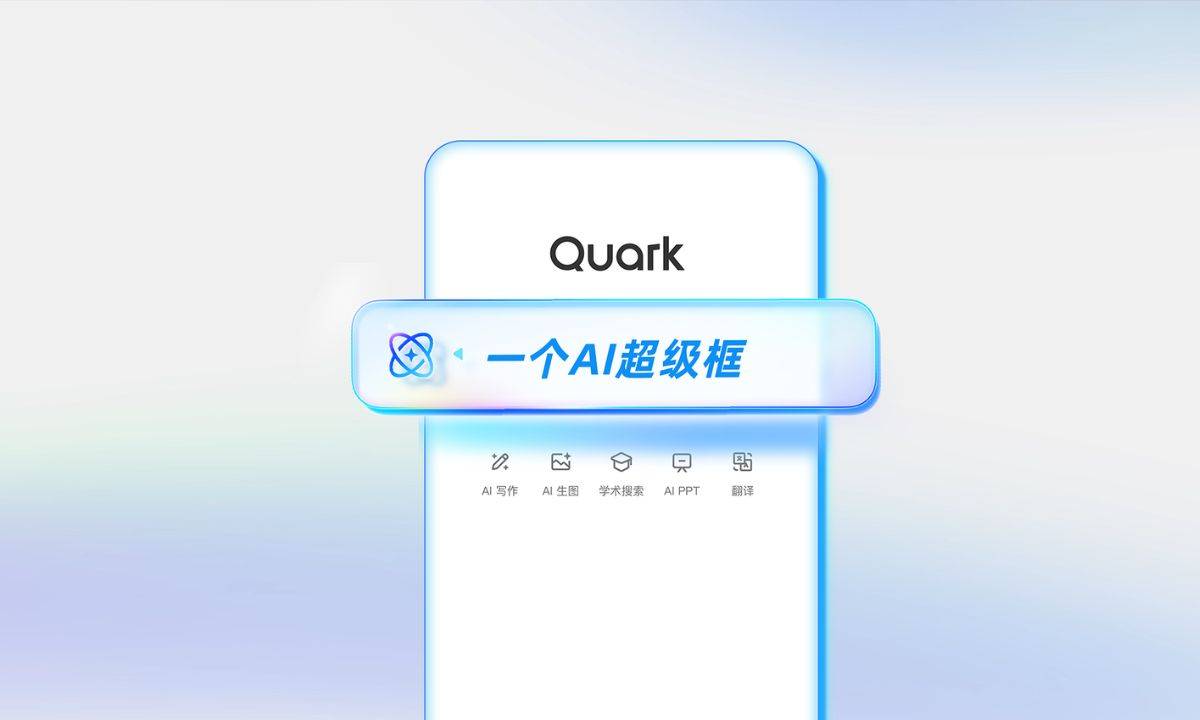
The monolithic Zhejiang People’s Great Hall in Hangzhou, China, is typically used for Communist Party assemblies, but today it was packed with 2,500 of the most innovative people in the country. Chinese Internet entrepreneurs who sell everything from sheep to Shinola online gathered there for Alifest, an annual e-commerce conference hosted by Alibaba.com.
Thomas Friedman, columnist for The New York Times, gave the keynote address via satellite from Minnesota (where he was attending his high school reunion).He used the opportunity to promote his just-published book—”That Used To Be Us: How America Fell Behind in the World It Invented and How We Can Come Back”—and to sound a warning: remaining competitive in today’s networked world where all services are instantly available requires everyone, regardless of their job, to innovate.
Friedman noted that a lot of technological and economic changes have taken place since he published his best-selling book on globalization, “The World Is Flat,” in 2004.
Back then, Facebook was a year-old service only open to students,”Twitter was a sound, the cloud was in the sky, 4G was a parking place, LinkedIn was a prison, applications were what you sent to college and Skype for most people was typo,” Friedman said. “All of that happened after I wrote ‘The World Is Flat’ ‚Ķ we’ve moved from flat world 1.0 to flat world 2.0, from a world that is connected to a world that is hyperconnected–and interconnected.”
The accelerating pace of change is nothing new in China. Many in the AliFest audience grew up in rural poverty and have gone on to become Internet millionaires. The farmlands of their youth have given way to high-rises, superhighways and factories and China has become a major economic power.
Despite this rapid progress, continuing to compete on an individual level will require constant self-reinvention, Friedman stressed. Jobs are portable, and fungible, not only because companies have access to efficiency inducing technology and can outsource lower-level jobs, but also because today companies have “access to cheap genius anywhere in the world.”
“It’s not enough to say ‘I’m a lawyer,’ ‘I’m an accountant,’ ” he said. “You have to be a creative lawyer, you have to be a creative accountant ‚Ķ Everyone now has to bring something extra to their job to justify their salary. Everyone has to ask, ‘What is my extra?’–so I will not be outsourced, automated, or digitized.”
In many ways, it was a fitting room to discuss the challenge of succeeding in today’s hyper-competitive marketplace. “All of us now have to raise our game, because ‘average’ is over in a hyperconnected world,” Friedman told the assembled Chinese entrepreneurs. “You will not find your next job. You will have to invent your next job.” At AliFest, many already have.
MoreAliFest 2011 coverage




